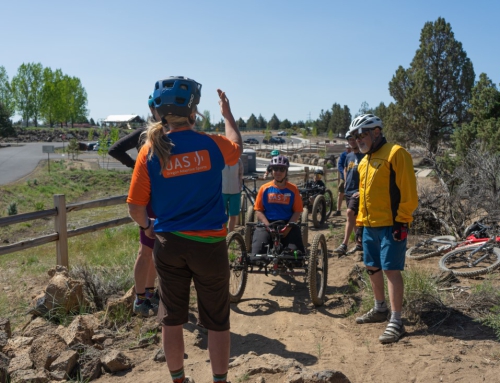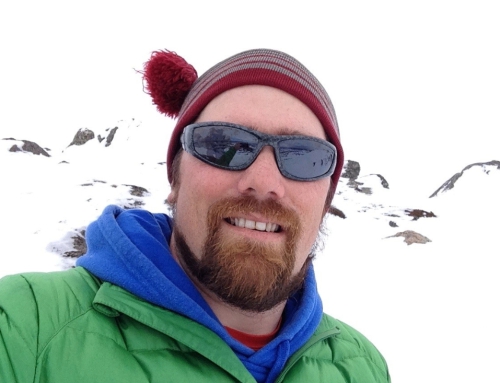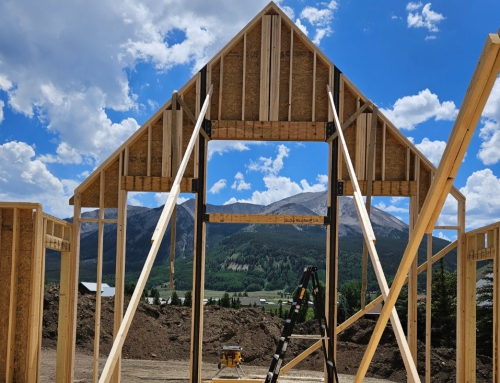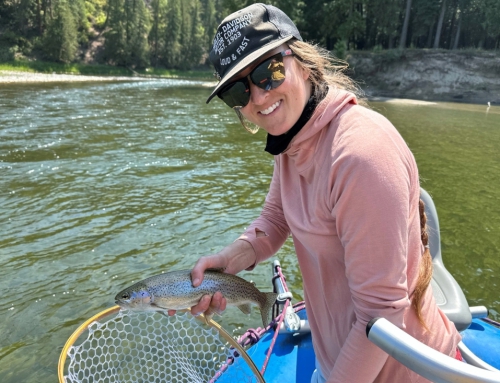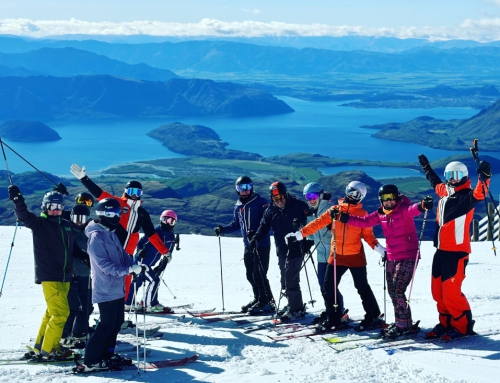Professional Development Plan: National Team Member Joshua Fogg
Congratulations to the 2021-24 PSIA-AASI National Team for all the work they’ve done promoting, supporting, and assisting with the development of PSIA-AASI education materials, programs, and activities at all levels.
As the team enters its final season, team coaches and members reflect on the work they’ve done for the association, their personal accomplishments, and their professional development plans — including how they think those plans can help you reach your goals this season.
PSIA Alpine Team Member Joshua Fogg
Q: This team has achieved a lot in a short time — including representing the association at Interski 2023, continued refinement of the Learning Connection, and working toward the target date to align certification processes. What achievements stand out to you?
A: Ann Schorling’s work with gender equity in snowsports and the association’s early efforts to learn from her work. Also:
-
- PSIA-AASI’s willingness, and improved ability, to talk about people skills.
- Explaining how iterative decision-making weaves throughout the Learning Connection Model.
- I can usually tell the difference between Bart and George Flynn now.
Q: Where do you want to improve this season, especially in regard to the individual people, teaching, and technical skills of the Learning Connection?
A: People skills: Be courageous with others to let them be courageous with their learning.
Teaching skills: Continue to value creating learning over teaching, choosing words that enhance coordinating movements for skiing.
Technical skills: Continue working on a fall line-oriented approach to skiing that focuses on developing a conversation between me and the snow.
Q: What other professional goals do you have in terms of teaching and skiing?
A: I want to provide easy-to-remember and repeatable cues that help people coordinate their movements and take advantage of how they view their relationship to the snow. I also want to explore the relationship between stance, stability, mobility, and coordination. Finally, I want to explore how the Centerline concept provides relevance and context for the application of fundamentals and skills. The concept provides skiers with common threads throughout their development, which can then be altered to meet any skiing situation. I think Centerline provides the answers of how to apply the fundamentals in a way that creates great skiing at any speed and in any situation.
Q: How can you work with and learn from other instructors on this journey?
A: I look forward to learning the strengths and weaknesses of Centerline and working together to find memorable reference points for repeatable performance that can be improved.
Q: How can your professional development plan help other instructors work to achieve their goals?
A: Each technical concept in PSIA-AASI’s history builds upon what came before it. The older ideas create the context for the newer ideas. The newer ideas help course correct misunderstandings in the ones that came before. Together, they help us understand the sport from a big picture and details-oriented perspective. Whether you are developing your teaching/learning skills, technical understanding, interpersonal skills, or your skiing/riding skills, we all benefit from purposefully moving back and forth between focusing on the details and panning out to the big picture. Centerline provides a big picture perspective.
Q: What does being a member of the PSIA-AASI community mean to you, and how do you share that sense of belonging with the people you teach, as well as other snow pros?
A: We love skiing/riding and teaching people. We share the pride of having a positive effect on others. Professionalism binds us together and makes our lessons valuable to our students. Professionals invest in themselves, make commitments, and take risks to continue growing. As a community, we take risks together and on each other. We make commitments to ourselves and each other. And we invest in ourselves for our benefit and others’. Recreation is at the core of what we do and is valuable to our physical, mental, and emotional health.


